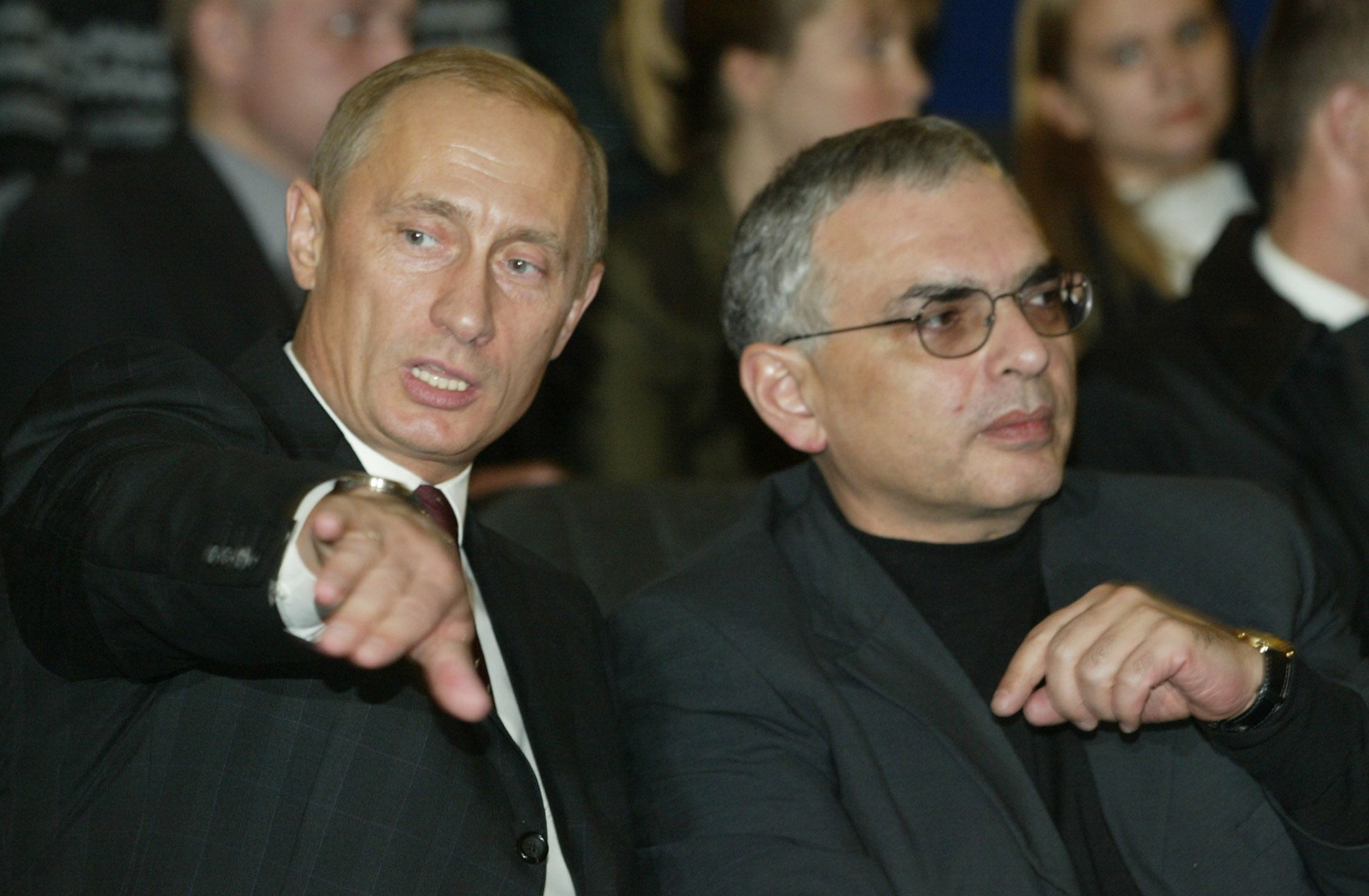
The head of Russia's biggest and oldest film studio has warned that the Kremlin's initiative to make 2016 "The Year of Russian Cinema" may actually be costing filmmakers more than it helps them, according to news site Rambler.
Russian President Vladimir Putin signed a decree in October 2015 ordering that the Ministry of Culture should spearhead a campaign in 2016 to promote the country's cinematic accomplishments and showcase homegrown talent.
According to the chairman of production giant Mosfilm, Karen Shakhnazarov, the demand for constant open, free screenings is resulting in a string of reruns of old films, at a loss.
"The year of cinema has turned into the year of Soviet cinema," the Mosfilm head said. "We are constantly putting on free screenings, which are ultimately taking a toll on Mosfilm that is not budgeted for. Mosfilm does not make a profit and the government does not give Mosfilm anything for that."
Earlier this year, Russia's state film studio Roskino announced that the majority of Russian film productions do not break even and rely on the government's average annual spending of $90 million to get off the ground. Shakhnazarov said Mosfilm may be the only film company to make a profit. Such companies are no longer state owned since the Soviet Union's collapse.
"We do not get any subsidies despite all the talk, I hear about," he said. "We have not received a penny (kopeika) from the state since 1991. Like it or not we have to be profitable."
"All in all, I cannot quite comprehend what we want to achieve with this 'Year of Cinema.' The (Russian) cinema is not in a very enviable situation, to put it directly," Shakhnazarov said. "It would be better to dedicate the year to developing a new framework to organize Russian cinema, so it would break even. You should have some pictures that are highly artistic and are not entirely commercial but if all films do not make their money back, that is wrong."
Shakhnazarov, whose company has the rights to some of Russia's most prized cinematic treasures, such as pictures by Andrei Tarkovsky and adaptations of Russian literature, said he would be happy to open talks with web streaming service Netflix about content.
"If they want to buy content, we can deal with them," he said.
The director also described Putin as "possibly the biggest brand in Russia today," although he refused to commit to shooting a film about him.
"Putin is a leading figure, undoubtedly," Shakhnazarov said. "It is clear that he will go down in history as one of the influential leaders of the late 20th and early 21st century. But from an artistic point of view, to determine his contribution and understand his significance, time needs to pass."
Uncommon Knowledge
Newsweek is committed to challenging conventional wisdom and finding connections in the search for common ground.
Newsweek is committed to challenging conventional wisdom and finding connections in the search for common ground.
About the writer
I am a Staff Writer for Newsweek's international desk. I report on current events in Russia, the former Soviet Union ... Read more
To read how Newsweek uses AI as a newsroom tool, Click here.








